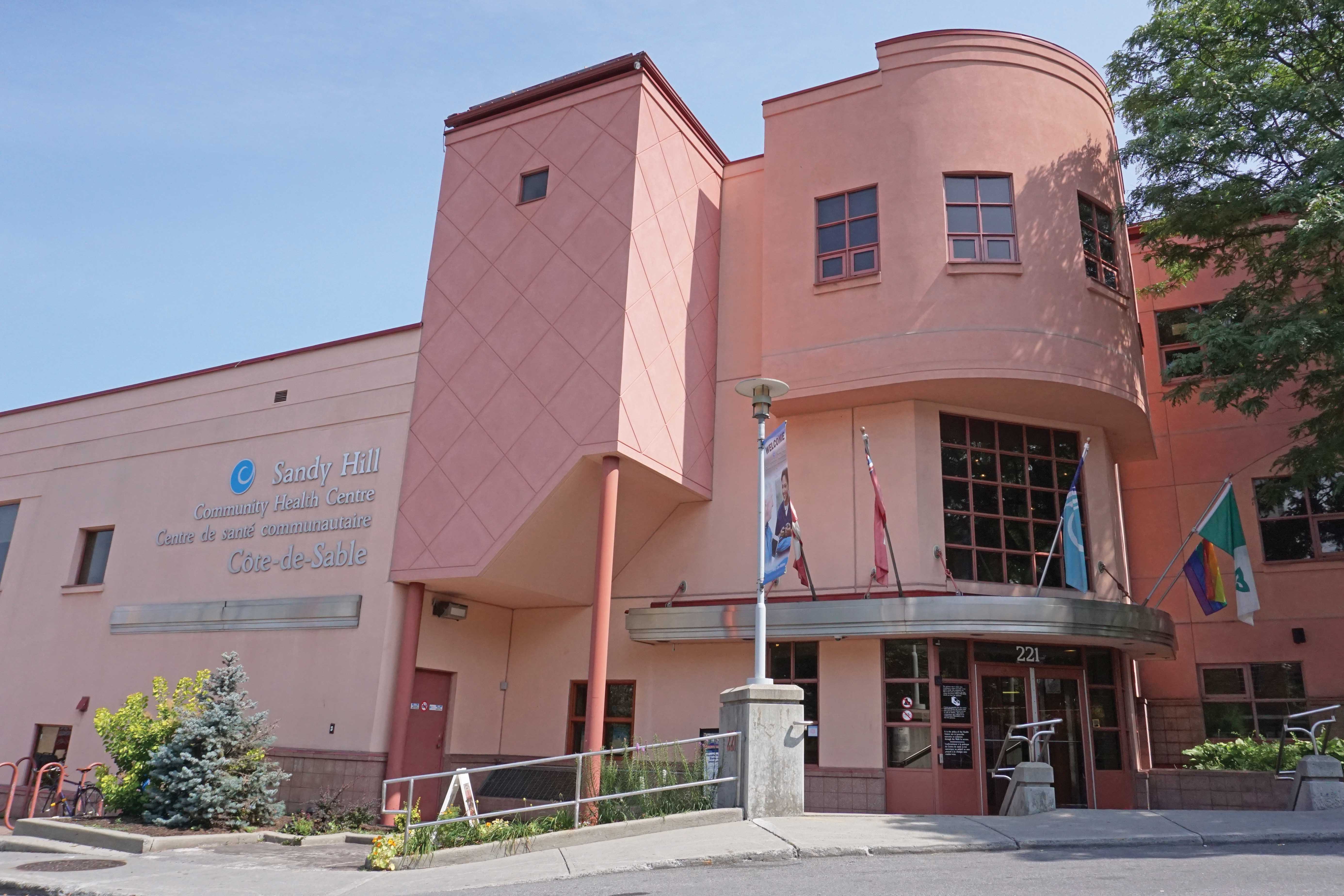We have a duty to protect the lives of all residents
Mayor Jim Watson has long been vocal about his opposition towards safe injection sites—and he’s not alone. Despite overwhelming evidence that safe injection sites decrease overdose rates and overdose-related deaths, help people quit drugs, increase the use of addiction treatments, reduce the practice of syringe sharing and the spread of communicable illnesses, save money, reduce the strain on the public healthcare system, and improve public order, their critics remain baffled by the idea.
Some argue that harm-reduction programs do nothing more than subsidize drug use, rewarding people for engaging in illicit activities, while others believe these facilities run the risk of affecting the “charm” of their communities.
Countless articles have already combed over the scientific evidence demonstrating the economic and social benefits of safe injection sites. What few analyses have endeavored to explore, however, is how most arguments formulated against safe injection site rely on one basic premise: that their potential users, by virtue of their engagement in a criminalized activity, are simply unworthy of empathy or humanity. Thus, their survival could not possibly trump the sanctity of anti-drug legislation, or the quaint appeal of an injection-site free community.
In other words, safe injection sites may save lives, but not the ones we care about. As a result, no matter how much evidence is presented on the benefits of safe injection sites to drug users’ health or longevity, none can convince these opponents that such facilities are desirable.
Any argument for safe injection sites should begin with the premise that drug users are human. If the fentanyl crisis, tragic as it is, has taught us anything, it’s that illegal drug users can be our neighbours, our partners, our parents, our friends, and even our children. They have faces, names, hopes, dreams, and families. Our common goal in seeking solutions to drug use should therefore be to protect and improve the lives of individuals who have suffered from addiction and the stigma, poverty, incarceration, and ostracization that accompany this chronic disease.
This is precisely what the Supreme Court of Canada recognized in its landmark ruling in Canada v. PHS Community Services Society, which directed the federal government to stop obstructing Vancouver’s supervised injection clinic. It recognized that injection drug use is both an effect and a cause of “a life that is a struggle on a day to day basis,” and that in administering criminal law, “the state [may] not deprive individuals of their s. 7 rights to life, liberty and security of the person.” It reminded Canadians that even those who are addicted to dangerous substances have the right to survive.
A safe injection site would have no negative impact on the lives of drug-free Ottawans—at worst, it would involve the erection of yet another brutalist eyesore of a building and make some people feel uncomfortable. It is likely, however, that it would save the lives of countless residents affected by addiction.
Just as most religions include some iteration of the principle “love thy neighbour,” the social contract that is our Charter of Rights and Freedoms tells us to protect the lives of all of our citizens. This makes it our business to care about the wellbeing of drug users, and engages us both morally and legally to ensure their survival, whatever the nominal cost.
— Jasmine van Schouwen
The government shouldn’t be enabling illegal drug use
Ottawa will soon be getting a supervised safe injection site despite objections from Mayor Jim Watson and the Chief of Police Charles Bordeleau. The site will be attached to the Sandy Hill Community Centre, on the corner of Rideau and Nelson St. This will be a space for drug users to inject, with medical professionals available to deal with reactions or overdoses and provide information on addiction treatment services.
Supporters of safe injection sites argue that they reduce the spread of disease and allow for a more health-focused approach to drug policy. In reality, however, this type of service is merely a strange halfway point between our current drug policy and decriminalizing drug use. Until current drug laws are modified, let’s call a safe injection site what it is—the government enabling the use of illegal drugs.
One of the most oft-repeated points by supporters of safe injection sites is that they prevent the spread of communicable diseases by giving injection drug users new, clean syringes. The idea of giving away clean syringes is a good one, so good in fact that the City of Ottawa already has the Site Needle and Syringe Program. The program itself has one location, and works with other community health centres to provide the service. The program is also mobile, using a van to bring the service to other parts of the city. If the goal is stop to the spread of communicable disease, then perhaps more funding is required to expand these needle exchange services and make them more widely available.
No one is saying that the lives of injection drug users don’t matter, and that is why firefighters and ambulance crews throughout the city carry Naloxone kits. If it’s a matter of providing more funding to existing programs then let’s provide that funding, but a safe injection site will medically be providing the same support as first responders, and will still have to send people to the hospital.
To really provide support to users, let’s drag this whole issue out of the darkness and decriminalize drug use. That’s the only way to effectively change the long-term discussion on this issue. Anything until that line is just a band-aid solution. The only drug users that will make use of any of the resources provided by this service to get clean will be those that already have a desire to do so.
Instead of opening a safe injection site in Ottawa, let’s increase the funding for needle-exchange programs to reduce the spread of communicable diseases and provide more support for outreach and addiction-recovery programs. Instead of establishing a centre where illicit drug use is quasi-legal let’s decriminalize all drugs so that these conversations and support mechanisms can take place without negative connotations.
—David Campion-Smith






